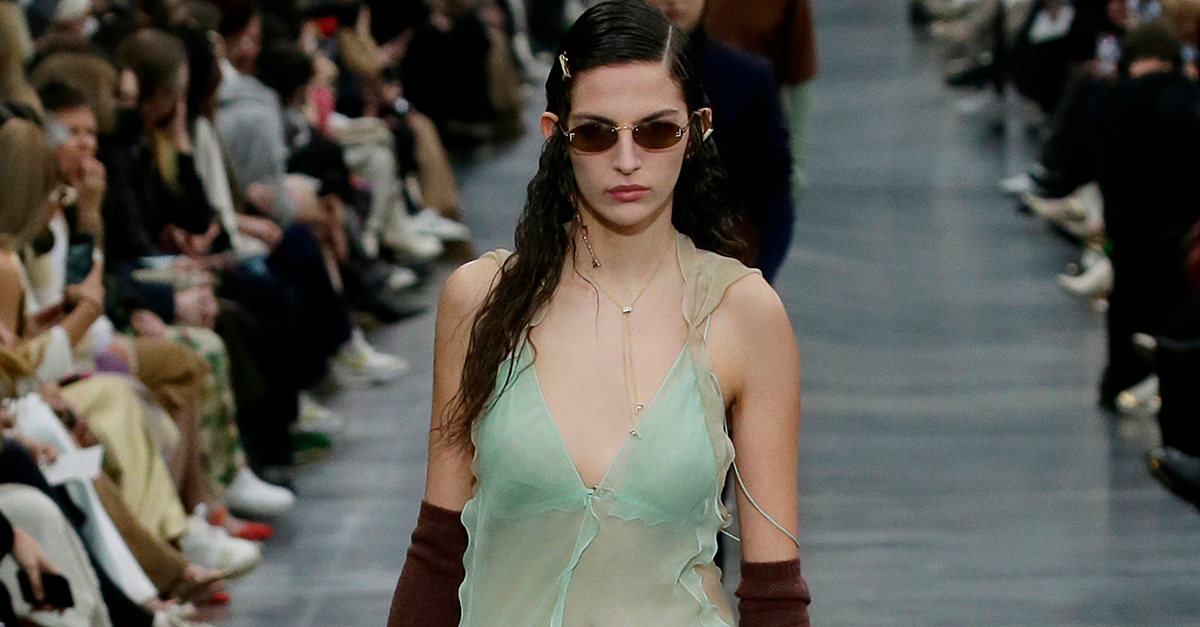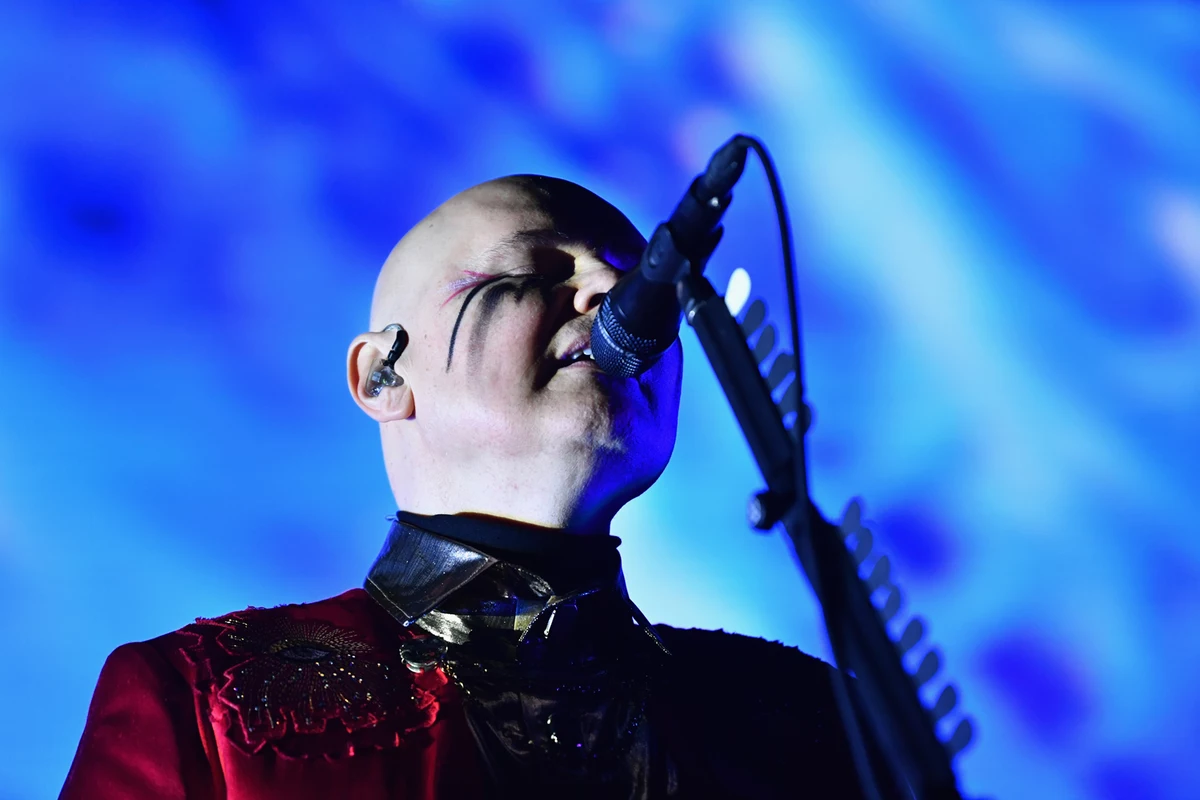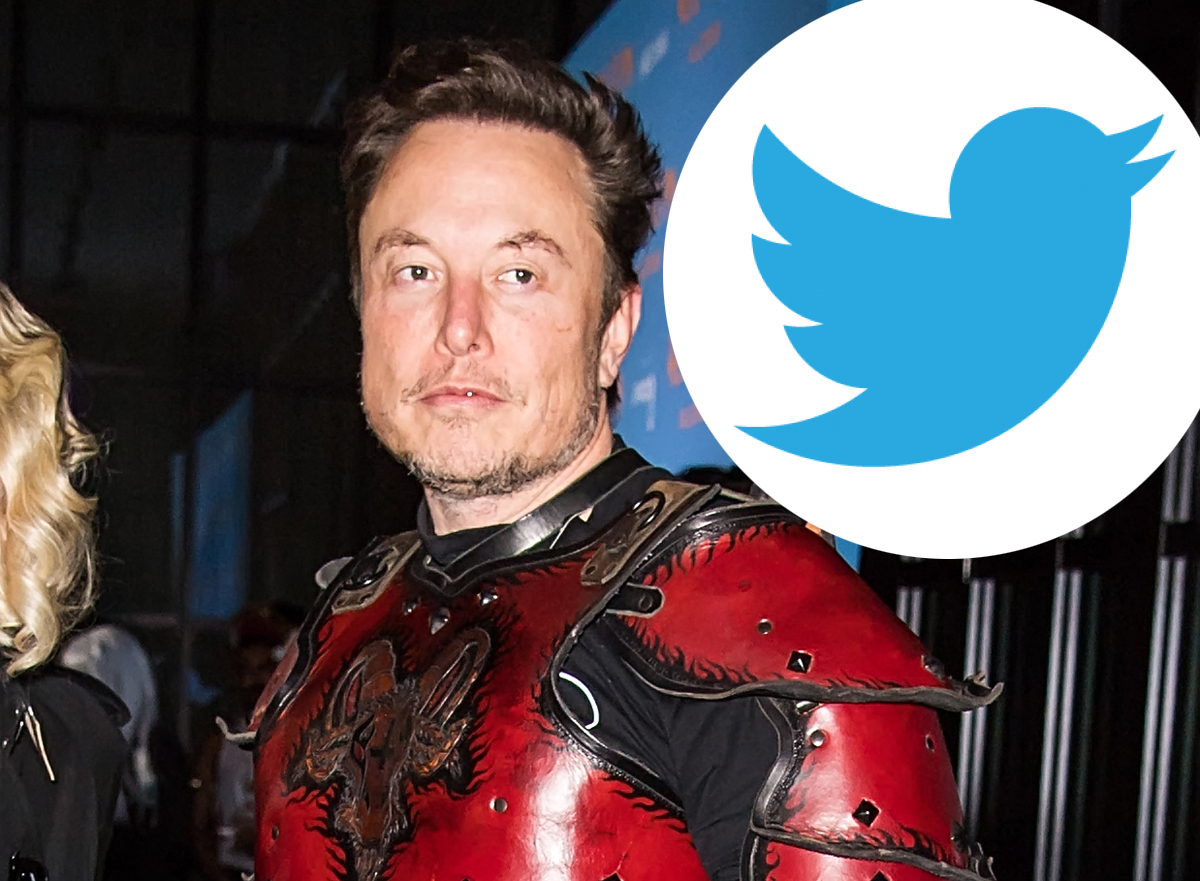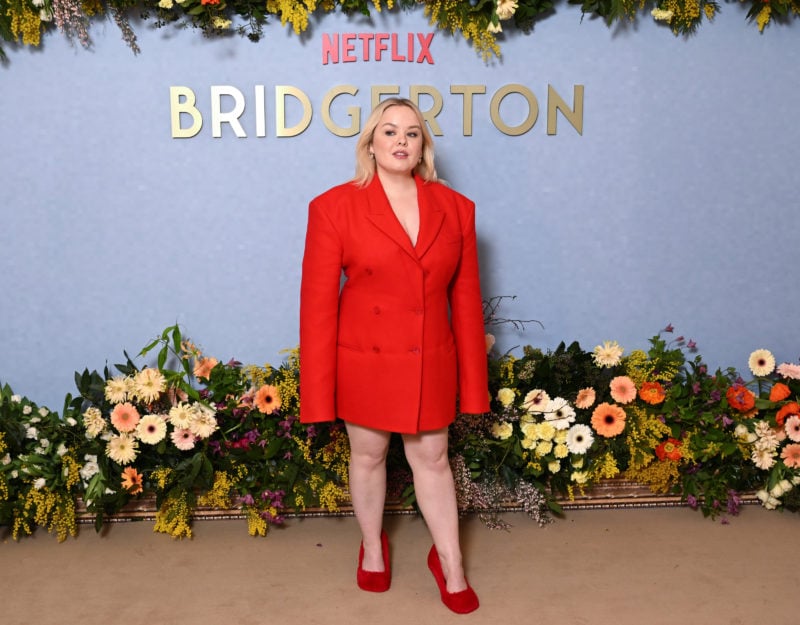“Just don’t look.”
Those three words mean many things to horror fans when put together in a short but sweet sentence. We utter the phrase when watching our favorite movies with someone squeamish. It’s sometimes what we tell ourselves when something gruesome is happening on screen as we play peek-a-boo from behind our fingers. And it’s something we tell those who criticize our love of the genre and don’t understand why we adore it so. If they don’t like it, just don’t look.
Jordan Peele is interested in another context for the phrase. Nope, like a famous “Treehouse of Horror” segment, explores the fact that no matter what is on screen, we, as horror fiends, can’t help ourselves. Without spoiling the movie for those who haven’t seen it, Nope asks us as horror fans and as a society what it will take for us to avert our eyes and look away. We must look. We’re drawn to the spectacle and to the taboo of it all. In the age of the internet, that truism is multiplied by infinity. It’s hard not to look when everything and everyone around us begs us to do so. For some, it’s impossible. And just like in Springfield way back when, Peele’s latest says, when push comes to shove, we are our own worst enemies.
1995’s “Treehouse of Horror VI” featured a segment where advertisements came alive and tortured Springfield’s residents. In some cases, they killed them. It is, after all, The Simpsons’ annual horror episode. Lisa Simpson goes to the agency responsible for the mascots and gets it straight from an executive that the advertising is ineffective if people don’t pay attention. “Attack of the 50 Ft. Eyesores” ends with Lisa and Paul Anka creating a jingle, “Just Don’t Look,” that not only tells the residents what not to do but is an ad that draws their attention away from the monsters terrorizing their city. The metaphor is about as subtle as a sledgehammer to the jaw, but that doesn’t make it any less profound.
We, the viewers, give immense power to the pop culture we consume. It’s not a symbiotic relationship because we provide the spectacle the oxygen it needs. This relationship between viewer and product is the strongest in horror. We are why Freddy, Jason, Michael, and Pennywise have immortality. But we’re also why a franchise like Jeepers Creepers refuses to die despite the surrounding controversy. That’s not a diss to anyone who loves the series or the monster, just the facts. The more people complain about something like Jeepers Creepers Reborn, the more attention they give. And the more attention they offer, the more an enterprising Hollywood producer is liable to churn out as many movies as possible because, today, everything is a spectacle.
And spectacle thrives on intense awareness.

As horror fans, we may lack the ability to turn a blind eye to train wrecks. The desire to be a part of the conversation may be as natural and primal as our need for survival. Nope questions why we refuse to listen to reason when all signs tell us to bounce. Fandom is now a full-contact sport with very few referees and even fewer rules. In general, horror fans are a friendly bunch who believe in “live and let live.” The rotten apples in the bunch are rancid and put all eyes on them as representative of the whole. I don’t know about you, but I don’t remember signing up for anything like that. Conversations become less about celebrating the things we love than tearing down the things we loathe. Or, in worse cases, tearing down the people who enjoy what we don’t or vice versa. Time is one of the most precious things on this planet. We never have enough of it and can never get it back, so spending the little we have focused on movies or television shows we dislike is a choice.
Our entertainment is no longer the chief spectacle in our lives; we are. How we talk about film, how we analyze it, and the form those conversations take sometimes supersede the movie. Nope features several characters who truly believe if they look away, even for a second, they’ll miss something astounding. Whether that means their time on earth is over is irrelevant because what matters is the momentary additional clout. Some even make excuses for constantly tempting fate, just like a lot of us do when engaging in that conversation one more time to complain about that thing we don’t like, all in the name of being heard or seen.
With everything going on, it’s hard not to look.
But because of everything going on, we’d all be better off if we didn’t.
![New TV Spot for Jordan Peele's 'Nope' Fully Reveals a UFO! [Video]](https://i0.wp.com/bloody-disgusting.com/wp-content/uploads/2022/06/Screen-Shot-2022-06-03-at-3.15.08-PM.png?resize=740%2C333&ssl=1)
The post “Just Don’t Look”: Jordan Peele’s ‘Nope’, “Treehouse of Horror” and Fandom in the Internet Age appeared first on Bloody Disgusting!.






































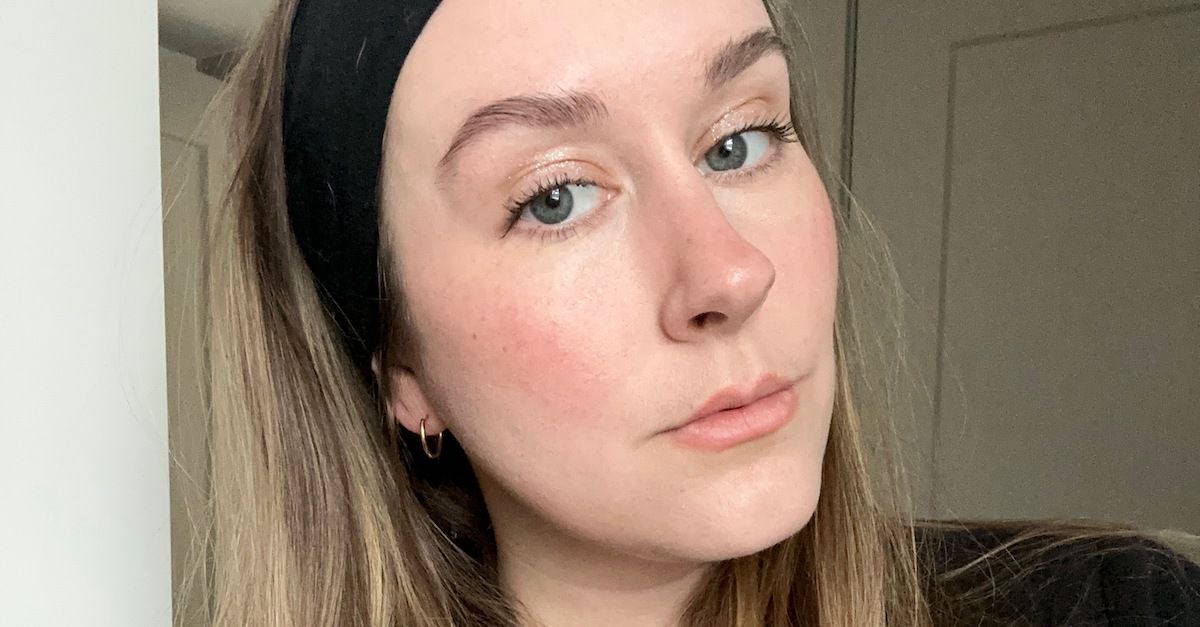



















![Mason Ramsey – Twang [Official Music Video] Mason Ramsey – Twang [Official Music Video]](https://i.ytimg.com/vi/xwe8F_AhLY0/maxresdefault.jpg)







